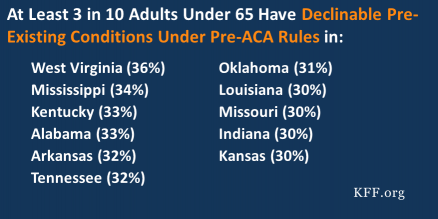
When deciding whether to purchase travel insurance, you should be aware that some policies exclude pandemics from coverage. Some policies may only cover such events once they have been declared. To get the full details of your policy, it is best to go through them. Comprehensive travel insurance is recommended if you are not sure. It is also a good idea choose a policy offering Cancel For Any Reason coverage.
Cancel for Any Reason coverage
Pandemics and epidemics are not covered by standard travel insurance policies. As a result, travelers who do not purchase the optional "Cancel for Any Reason" coverage will likely not be able to recover any costs related to a pandemic. New York law doesn't allow cancellations for "cancel any reason" coverage because they don't cover a specific event. Insurers can still comply with the law if they prove that the benefit is related to an "authorized company."
Many insurance companies have added the COVID-19 Pandemic to their travel insurance policies in recent times. For this coverage to apply, the traveler must be certified as a medical professional. Additionally, coverage for "I'm afraid of traveling" is not available. Cancel for any Reason coverage is available to travelers who are eligible for 50-75% discount on their trip expenses. However, travelers should be aware that this coverage is time-sensitive. Cancel for Any Reason coverage is only available to travelers who cancel two days before their departure.
Standard trip cancellation policy
Travel insurance policies that are standard do not cover costs associated with a pandemic will not be covered by some policies. To get this coverage, an upgrade must be purchased to your policy. This upgrade is about 40% more expensive than the standard insurance and covers upto 75 percent of your non-refundable travel costs. This option is good if you're worried about an impending pandemic.

You should always check your policy to see if you have pandemic coverage. Check your policy to determine if any other mishaps may be excluded. Make sure your policy limits are sufficient to cover other mishaps. You should also ensure that your policy covers evacuation and transportation in an emergency.
Cancellation due to fear of travel
Insurance policies for travel don't usually cover cancellations due to the fear of pandemics or disease. Some companies have changed their policies. If you have a medical condition and need to cancel your trip, then you might be eligible to receive 50-75% back under the Cancel for Any Reason option. This benefit is not available to everyone, so you need to act quickly. It is best to cancel no later than 2 days before your departure.
Unfortunately, most standard travel insurance policies exclude cancellation due to pandemics, epidemics, and viral outbreaks. This means that your plan won't cover your trip if you cancel due to "fear of travel." Travelers should realize that there are many reasons for cancelling their trip. Travelers may need to cancel their trip due to cancellations of airline flights, suspensions of cruise ships, or other issues.
Pre-existing Condition Waiver
Pre-existing conditions may make you worry about your chances of getting injured or sick while on vacation. You may not be covered by most travel policies, but you may be able to get a waiver if you have a chronic disease.
If you have a medical condition, this waiver will allow you to avoid having to pay a premium. Pre-existing circumstances waivers can be obtained if the disease or condition has been present for at least 60 consecutive days before you purchase travel insurance. To ensure that your policy covers you for this type of illness, make sure to check your medical records.

Cancellation coverage for COVID-19
Travel insurance is necessary if you travel to a affected region by the Covid-19 viruses. Some insurance policies cover cancellations for certain illnesses. Others will pay quarantine costs. It doesn't matter if you are traveling for business or pleasure. You need to know what your coverage is.
Insurance policies often exclude loss from epidemics. If you are unsure, ask your provider for cancellation coverage. This depends on your coverage and policy limits. COVID-19 is a communicable illness, so some insurance policies exclude it from their coverage. But others may provide coverage for such events if they're part of a joint public-private initiative.